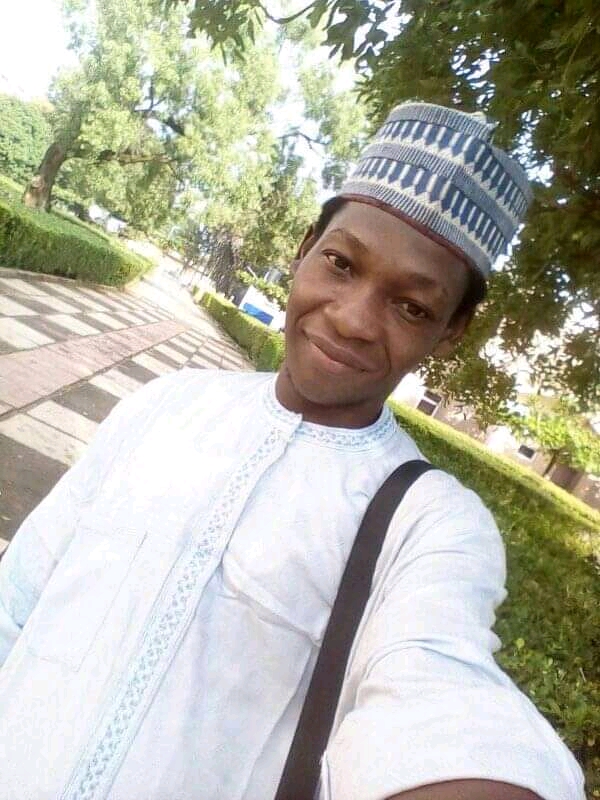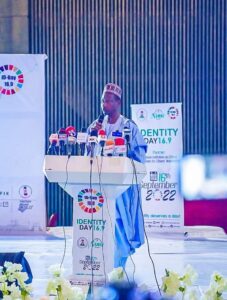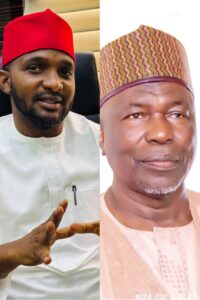
By Mukhtar Garba Kobi
It is unarguable true that the problem of corruption has been in existence since the time immemorial. Corruption is frequent in each and every society and it happens almost everyday. It has several shapes as well as various effects but that varies from one society to another, it deals with subverting public fund, etiolating morals, defalcating staff’s benefits, absurdifying tax & fines, political misconduct and decadence in spheres of human endeavours.
The wound of corruption has eaten deep down the flesh and melted in veins of fellow countrymen. It usually starts from home between husband and wife, mother and children, down to entire society. It paves way for a non transparent functioning of social, political and economic sectors.
Corruption is the dishonest or fraudulent conduct by those in position of power or followers which typically involves bribery.
According to Morris (1991) corruption can be seen as the illegitimate use of power to benefit a private interest. It also entails offering of bribe to an officials so that the truth of a situation will be hidden. It covers the embezzlement of public funds for personal use, giving a token to scale a course by students, offering some amount to skip paying actual fine to security agents and any act that is considered to be criminal in nature which is contrary to the laws enshrined by code or constitution.
In 2001, Nigeria was ranked the second most corrupt nation in the world out of 91 countries, second only to Bangladesh. Recently in 2019, Transparency International ranked Nigeria as 146th out of 180 countries surveyed on corruption with 26% corruption index. This reveals that level of corruption has mercilessly stabbed Nigeria deep to a state of unending stupor.
Furthermore, corruption retards economic growth of a country, slows down business operation, blocks employment opportunities and halts investors from foreign countries in investing.
The wider society is persuaded when the gravity of corruption is high, the executive arm of government tends to not bring policies and programmes for development, judiciary will then be chocked with angry and money egocentric judges which make citizens lose confidence in them. The legislative arm can then be taciturn and passive by not passing bills that could reduce burdens and dilapidated infrastructures.
The level of corruption in Nigeria hurts a lot of people, as money which supposed to be used in purveying developmental projects to better lives is channeled in to pockets of selected few.
The sad part of it is that the current Nigeria government and the ruling party turned to redemption camp; where alleged corrupt politicians absquatulate to it, then those charges on them are being dropped unquestionably.
The stain of corruption did not spare anti-graft agencies, who are saddled with the responsibilities of antagonizing corruption, as a former chairman of the Economic and Financial Crimes Commission EFCC, Ibrahim Lamurde was accused of fraudulently diverting one trillion naira recovered from corrupt convicts by the commission (Adeyemi, 2016).
Recently, the embattled acting chairman of the commission, Ibrahim Magu was also accused of corruption, diversion of recovered loot, insubordination and abuse of office which led to his untimely sack as the acting boss of the commission. This is unimaginable as those appointed to fight corruption in the country are also found to be guilty of the same problem they fight for.
Laconically, corrupt related malfeasance varies from one country to another, in most developing countries; the cases of corruption are usually common. Some causes of corruption include: GREED which has led to major crisis in almost all developing countries and Nigeria in particular; Leaders that garnered too much wealth still quest to remain in power because their money ego is insatiable. Secondly, UNEMPLOYMENT; Youth, who are the strength of the nation, are unemployed, the hike of idleness triggers many in to internet fraud (cybercrime), sexual harassment by male managers in companies in order to reinstate female staffs. Thirdly, POVERTY; According to international standard, a person is said to be poor when he or she lives under $1.25 (which is now equivalent to N483.54) per day. Poverty has pushed many in to thuggery, cybercrime, and other heinous acts in order to better their lives.
In fact, corruption is a multidimensional process, it benefits the giver and the receiver, and both are aware of the consequences while others are doing it unknowingly.
Some countries have recorded great success in dealing with corruption, such that anyone caught the repercussion is to be liquidated or life imprisonment.
There are several ways to curb corruption and they include; Reinforcement of moral compass in which government should help parents by rewarding honest citizens whether adults or teenagers, also by declaring free education, free healthcare, taking under age that are found guilty to rehabilitation homes, etc.
Similarly, leaders can help in fighting corruption by serving as good example to citizens; this can be achieved by judiciously applying stipulated punishment to anyone irrespective of whoever he or she is. Thirdly, making anti-graft agencies or commissions independent from government control, by giving them the wherewithal to charge all, whether in ruling or opposition parties.
Lastly, citizens should be allowed to have access to information concerning country’s finance, this can help in enhancing accountability.
In conclusion, if these steps are sternly taken and applied, the preponderant cases of corruption would be eradicated and lastly become history in our dear nation.


